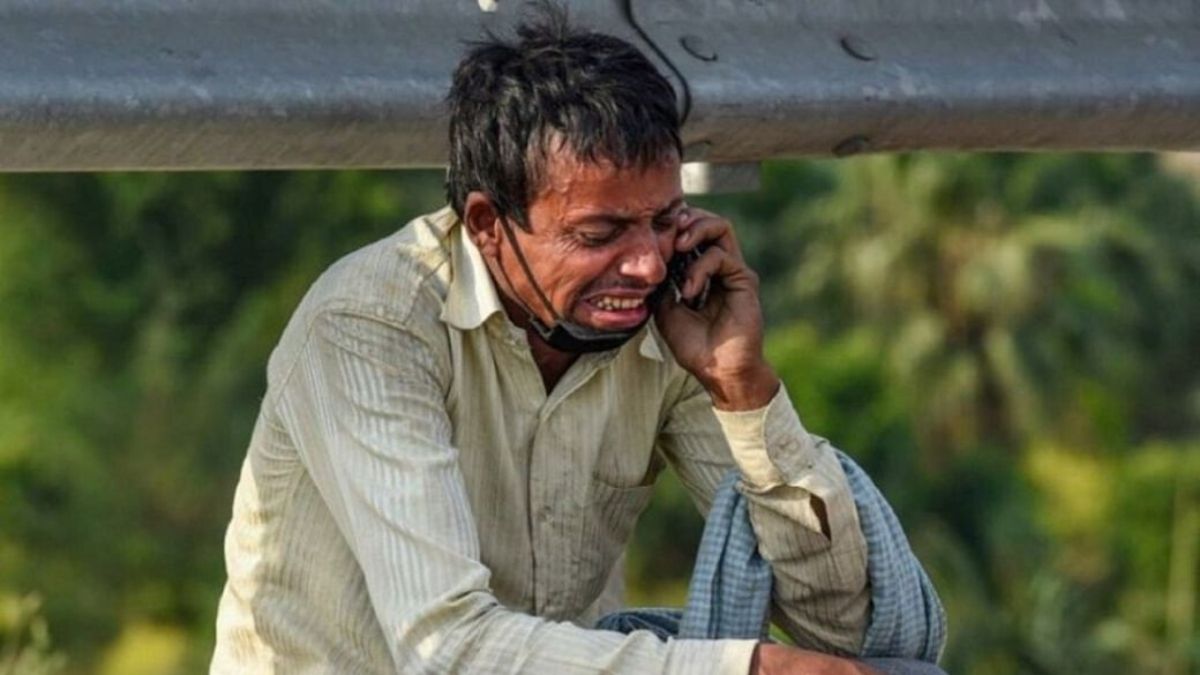
A Stanford University professor, who was awarded the Nobel Prize in 2013, has stated that the humanitarian crisis confronting India is much greater than the threat posed by the Covid-19 pandemic. In fact, in his estimation, more people may succumb to the migrant exodus from the large cities than the total number of people who may die from coronavirus.
While his assessment would have to pass the test of time, there is no doubt that the migrant issue is immensely unfortunate and shall haunt the government and the citizens of the country in the future as well. This is one area where both the Centre and states could have done much better but chose to look the other way when this displacement of the poor could have been addressed and contained.
The consequence is that in this blistering heat, the workers continue to face hardships and even after special trains have been started, relief has not come their way. Many of them have been victims of the cruel weather and the hazards of walking hundreds of miles without any food and assistance from the authorities.
Trains have been running late, and in some states, locals have targeted the migrants whose departure shall put a question mark on the functioning of industries. In a few places, the Poorvanchalis have retaliated and there have been ugly scenes that have also been featured on the social media. Since Independence, this is the fourth manmade tragedy that has changed the life of millions of people. India’s Partition exposed the huge Punjabi and Bengali population to communal frenzy besides rendering lakhs of people homeless.
There were massacres on the way and the Hindu-Muslim conflict reached its zenith. It is another story that the refugees who came from what is now Pakistan, through sheer grit and hard work, re-stablished themselves and their success stories have inspired their future generations as well. The second instance was when a large section of Bengalis, mostly Hindus, fled from what was East Pakistan when the West Pakistani soldiers unleashed atrocities on them prior to the creation of Bangladesh.
India was itself struggling to feed its people at that time but its leadership accepted this influx and helped in the rehabilitation of these displaced persons on humanitarian grounds. In the 1990s, the Kashmiri Pandits were pushed out from their homes in the Valley and other parts to be gypsies in their own country. This too was something which could have been prevented had the authorities at that juncture been more pro-active and vigilant.
The Pandits continue to suffer even today. Now with the Poorvanchalis going back to their villages, there is going to be an extensive impact on our economy. Many of those who have left, were trained and are unlikely to come back to their places of work in the immediate future. Therefore, the government must come out with a practical plan to address their problems.